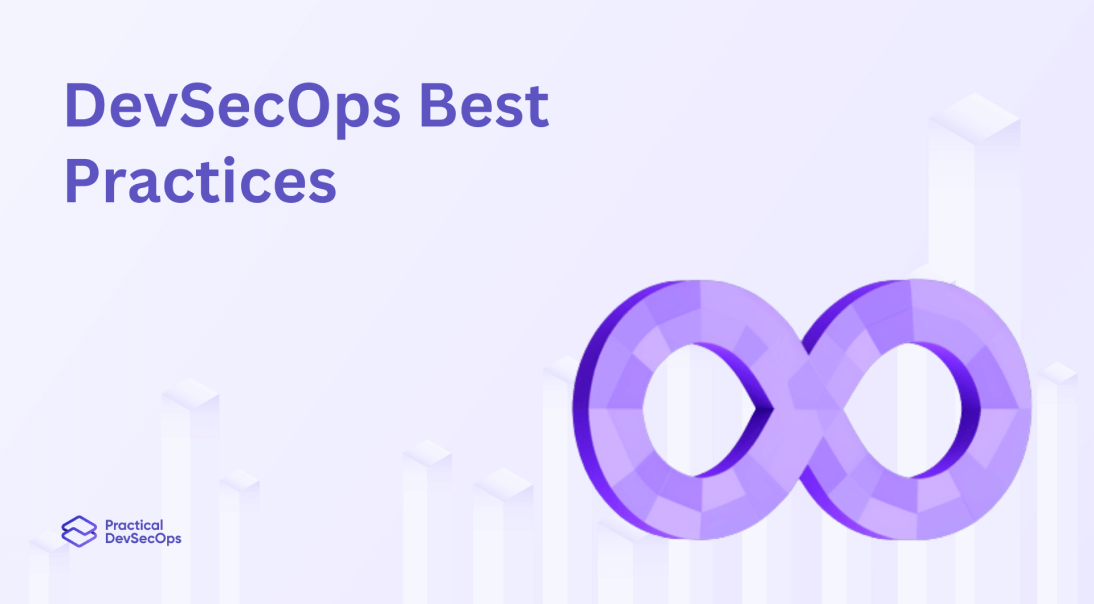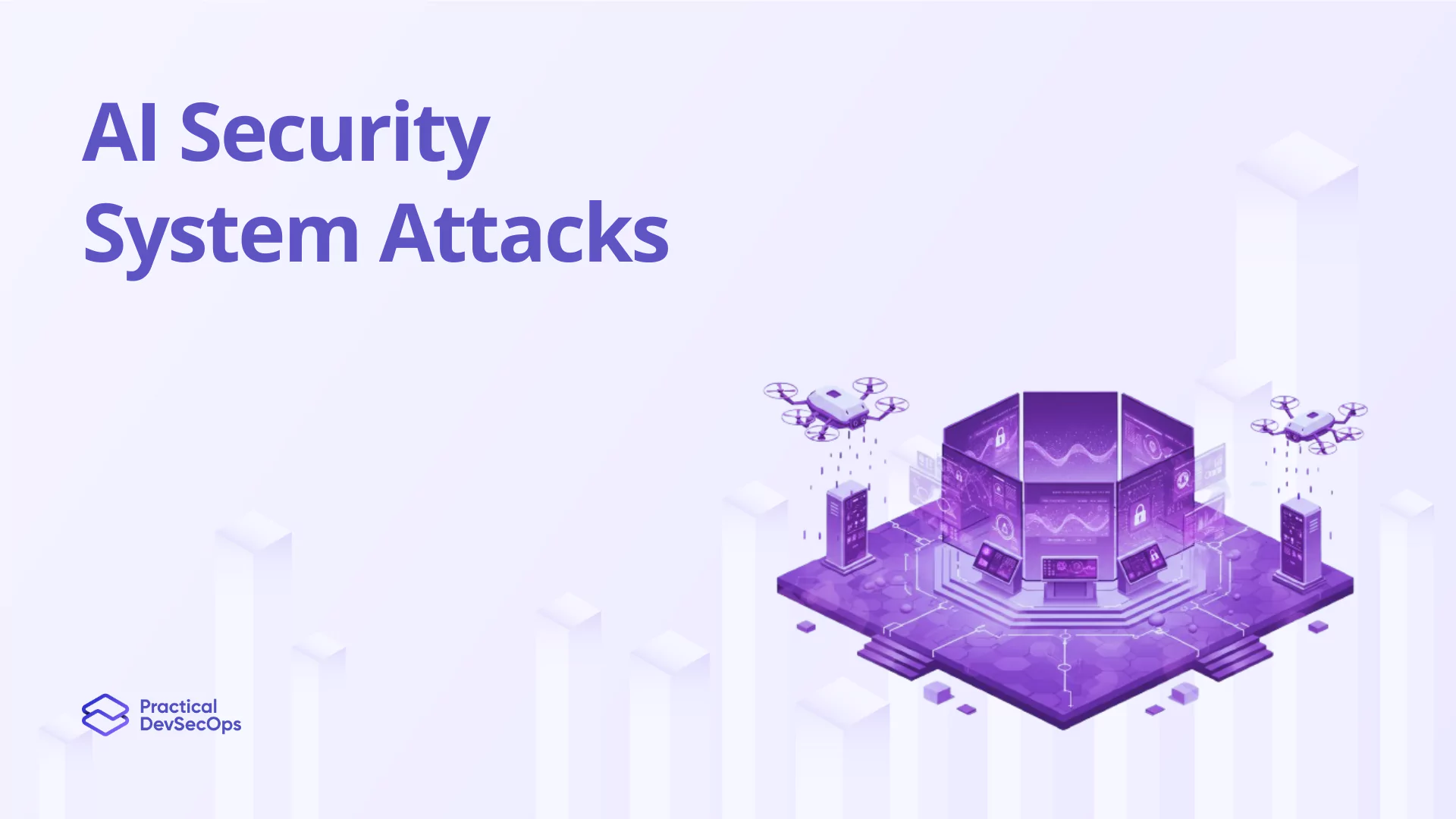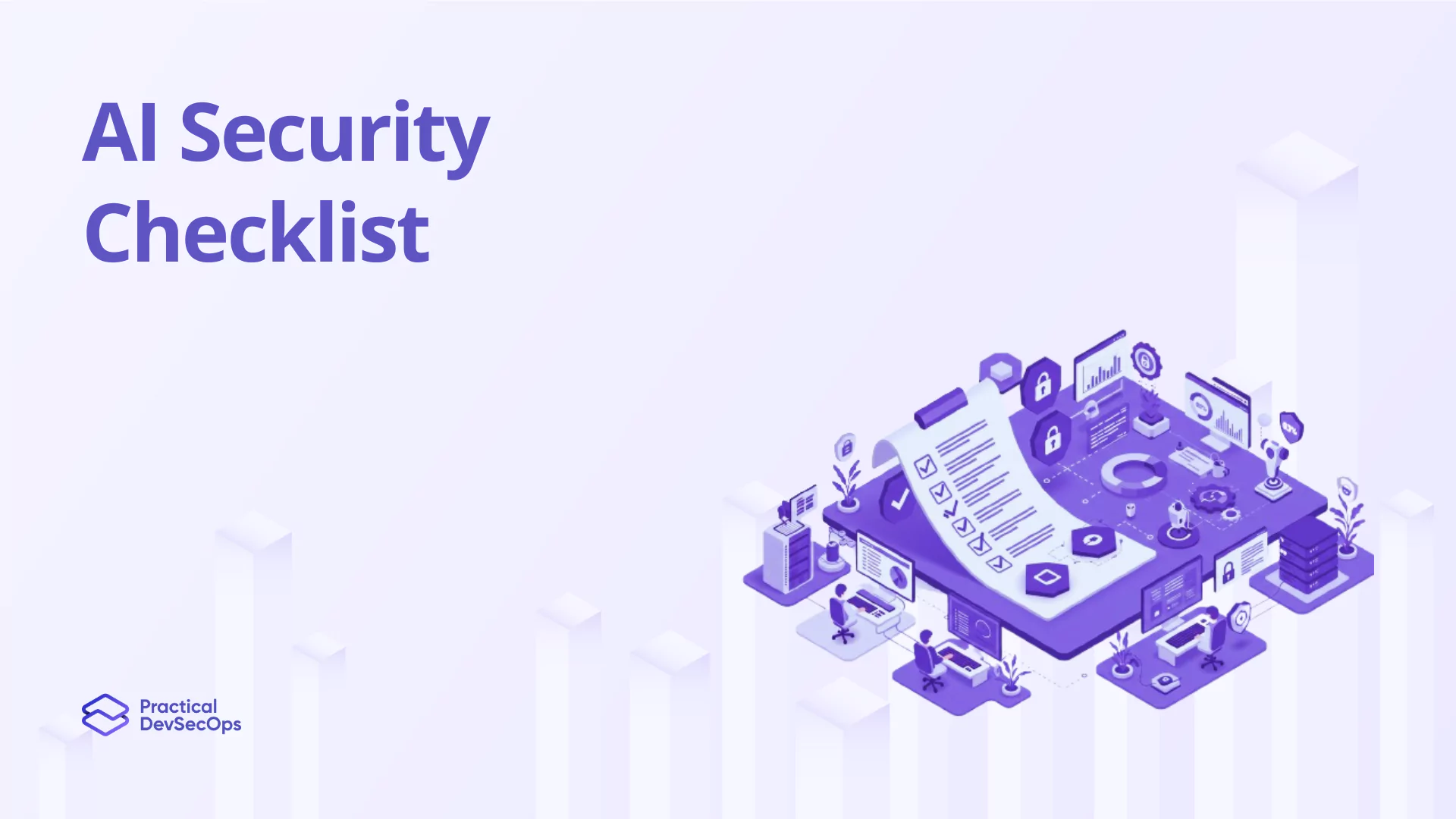DevSecOps continues to be a hot topic in the technology industry. By embedding security practices into the DevOps lifecycle, organizations can create a culture that prioritizes security without slowing down development.
Here are 15 best practices for implementing DevSecOps in 2025:
1. Shift Left
One of the key principles of DevSecOps is shifting security practices earlier in the development process. By identifying potential security risks at the design stage, developers can build secure code from the start, reducing the number of vulnerabilities that need to be addressed later on.
2. Adopt Automation
Automation can accelerate security testing and help identify vulnerabilities before they become critical. By automating testing and deployment, organizations can enforce security policies and procedures early in the development process, reducing the risk of security incidents.
3. Implement Continuous Testing
Continuous testing is a critical component of DevSecOps because it allows teams to identify vulnerabilities early in the development process. By continuously testing code, organizations can reduce the number of security issues that make it into production.
4. Prioritize Risk Management
Risk management should be a top priority for DevSecOps teams. By identifying potential threats and vulnerabilities, organizations can implement controls to reduce the risk of security incidents and minimize the impact if a breach does occur.
5. Integrate Security Tools
Integrating security tools into the DevOps pipeline can help identify vulnerabilities early in the development process. By scanning code for potential risks and testing security controls, organizations can ensure that code is secure before it is deployed.
6. Collaborate Across Teams
Collaboration is essential for DevSecOps success. By breaking down silos and promoting communication between development, security, and operations teams, organizations can create a culture of shared responsibility for security.
Also Read, How to Implement Effective DevSecOps Teams
7. Implement Secure Coding Standards
Secure coding standards are essential for building secure applications. By providing developers with best practices and guidelines, organizations can ensure that code is secure from the start.
8. Enforce Access Controls
Access controls should be implemented throughout the development process. Organizations can reduce the risk of unauthorized access and protect sensitive information by controlling access to systems and data.
9. Monitor for Threats
Continuous monitoring can help identify threats and vulnerabilities in real-time. By using tools to monitor system logs and network traffic, organizations can quickly identify and respond to security incidents.
10. Provide Security Training
Providing security training to developers and other team members is essential for creating a culture of security. By educating employees on common security risks and best practices, organizations can reduce the risk of security incidents caused by human error.
11. Embrace Policy as Code
Implementing Policy as Code ensures that security policies are consistently enforced across all development stages. By defining security policies in code format, organizations can automatically apply and manage these standards throughout the CI/CD pipeline, enhancing security compliance and reducing manual oversight.
12. Utilize Threat Modeling
Integrating threat modeling into the DevSecOps process helps teams proactively understand and mitigate potential security threats before they impact the system. This practice encourages a proactive security approach by identifying, predicting, and defining countermeasures to address potential threats related to system vulnerabilities.
13. Expand Incident Response Capabilities
Strengthening incident response strategies within DevSecOps frameworks is crucial. Teams should develop and test incident response plans that integrate seamlessly with development and operations workflows to ensure rapid and effective action in the event of a security breach.
14. Leverage Immutable Infrastructure
Adopting immutable infrastructure where possible can significantly enhance security posture. By using pre-configured and unchangeable components, teams can minimize risks associated with unauthorized changes or configuration drift, leading to more predictable and secure deployments.
15. Enhance Security Observability
Improving observability in the DevSecOps cycle is vital for detecting and resolving security issues swiftly. This includes integrating advanced monitoring tools that provide deep visibility into application performance and security, enabling teams to detect anomalies and respond to threats in real-time.
Practical DevSecOps offers an excellent Certified DevSecOps Professional (CDP) course with hands-on training through browser-based labs, 24/7 instructor support, and the best learning resources to upskill in DevSecOps skills.
Start your team’s journey mastering DevSecOps today with Practical DevSecOps!
Also read, Why DevSecOps is a Good Career Option?
Conclusion
By implementing DevSecOps best practices, organizations can create a culture of security and prioritize security throughout the entire development process. With the right tools and processes in place, DevSecOps teams can build and deploy secure applications that meet the needs of the business while protecting sensitive information and reducing the risk of security incidents.







0 Comments